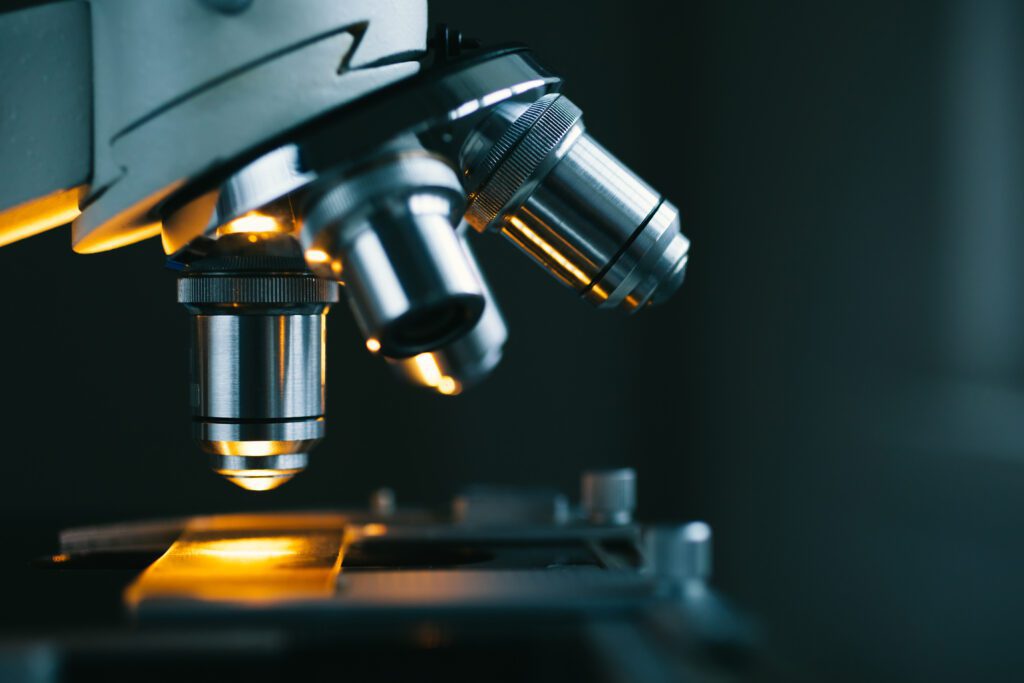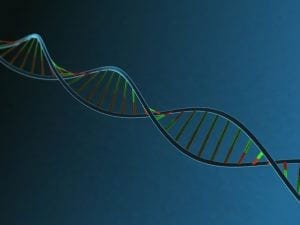Welcome to Study of the Week from Patient Worthy. In this segment, we select a study we posted about from the previous week that we think is of particular interest or importance and go more in-depth. In this story we will talk about the details of the study and explain why it’s important, who will be impacted, and more.
If you read our short form research stories and find yourself wanting to learn more, you’ve come to the right place.

This week’s study is…
Association of statin use with clinical outcomes in patients with triple-negative breast cancer
We previously published about this research in a story titled “Could Statins Improve Triple-Negative Breast Cancer Outcomes?” which can be found here. The study was originally published in the oncology journal Cancer. You can view the abstract of the study here.
The research team was affiliated with the University of Texas MD Anderson Cancer Center.
What Happened?
Triple-negative breast cancer is a rare and aggressive variant of breast cancer with a limited number of treatment options. Because of the poor outcomes in these cases, triple-negative breast cancer is an area of high unmet medical need. Therefore research into approaches that can improve survival in this cancer is urgent. Prior research has suggested that statins, a class of drug most frequently used to lower levels of low-density lipoprotein (LDL) cholesterol, could have an impact on triple-negative breast cancer. So far the results have been mixed.
This study sought to investigate this relationship further and determine if cancer patients that were taking statins saw a significant difference in survival. This was a retrospective study that drew from a large data pool derived from the Texas Cancer Registry (TCR)-Medicare and the Surveillance, Epidemiology, and End Results (SEER)-Medicare registry. The data included info on a total of 23,192 women living with breast cancer; 2,281 were statin users, meaning that they began using statins within a year after getting their cancer diagnosis. These patients were all 66 years or older.
The researchers evaluated the impact of statins using two measures: breast cancer specific survival (BCSS) and overall survival (OS). While statin use had no significant impact on patients with more common forms of breast cancer, their use was associated with improved OS and BCSS in those patients that had the rare triple-negative form. The findings from the study suggest that the benefit is most pronounced in patients that have early-stage cancer.
Overall, the authors concluded that this analysis suggests that statin therapy can have a meaningful impact on survival in people living with triple-negative breast cancer, particularly if it has not reached an advanced stage.
About Triple-Negative Breast Cancer
Triple-negative breast cancer is breast cancer that doesn’t express the three most common receptors found in the disease: estrogen, HER2/neu, or progesterone. This effectively prevents the hormone therapies that are often employed to treat this cancer from being effective. As a result, triple-negative breast cancer is often more difficult to treat and more aggressive than other forms of breast cancer. Around 10 to 20 percent of breast cancer cases are triple-negative. This disease occurs as a result of germline mutations, with the genes BRCA1 and BRCA2 being considered high risk. Changes impacting MDM4 loci and 19p13.1 are also associated with this cancer. Symptoms include a lump in the breast, dimpled skin, changes to breast shape, red, scaly skin on the breast, a suddenly inverted nipple, and discharge from the nipple. Systemic symptoms occur with metastasis (spreading to other areas). A combination of surgery, radiation, and chemo is often employed to treat this cancer. To learn more about triple-negative breast cancer, click here.
Why Does it Matter?
With outcomes in triple-negative breast cancer being generally worse than for breast cancer as a whole, the discovery of a potential therapy that could have a significant survival benefit could be a real sign of progress for the treatment of this disease that could result in better outcomes down the road. Statins are a widely used class of drugs that have already undergone rigorous testing, are widely available, have few side effects, and are generally inexpensive.
Using statins for triple-negative breast cancer could wind up being a good success story of drug repurposing. The next step is to begin evaluating statins in clinical trials of patients that have this form of breast cancer:
“We know that statins decrease breast cancer cell division and increase cell death…our study shows that there is an association between statins and improved outcomes in TNBC, and it is time to pursue this idea further in a prospective trial.” – Kevin Nead, MD, assistant professor of epidemiology, study lead
With this large-scale retrospective study, researchers and scientists should now have the confidence to conduct further trials and research in order to get an even clearer picture of how statins can benefit women that are fighting triple-negative breast cancer.






